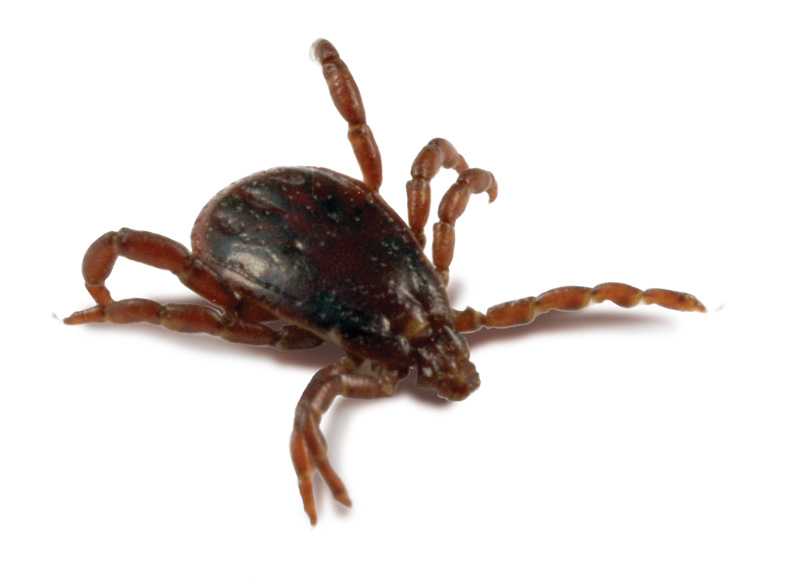As the weather warms, the Canadian Institutes of Health Research (CIHR) urge Canadians to be aware of areas where ticks thrive and take preventive measures to ensuring they are not bitten.
“Across Canada, we’re seeing an expansion of tick population,” said Dr. Manisha Kulkarni.
Blacklegged Ticks are capable of transmitting Lyme Disease and are found in wooded areas or tall grass areas with a lot of leaf litter.
“The ticks don’t like to dry out, they like to burrow down and stay nice and hydrated, and when they are ready to feed, they come up onto a piece of grass and wait for a host to pass by,” Kulkarni said.
As ticks move into new areas, its important people are taking precautions to prevent tick bites by wearing insect replant, conducting tick checks, and to remove ticks properly if they are attached.
If the tick is attached, it’s imperative to remove it promptly to minimize the transmission of disease.
Kulkarni said people can remove ticks from their skin by grasping the tick with a pair of tweezers and pulling directly out.
“Try to avoid squeezing the body of the tick, because this can squeeze the bacteria into the person that it’s biting,” she added. “Don’t smother it, don’t burn it off, just pull it straight out, then wash the area with soap and water.”
However, Canadian’s are not the only ones susceptible to tick bites.
Animals that travel in tall grass areas, shrubs, wooded areas, or by creeks can easily attract ticks, said Chestermere Veterinarian Gabriela Rotaru.
Ticks attach to the animal’s body and begin sucking blood, Rotaru added. Initially, ticks are the size of a grain of rice but can grow as large as a raisin or even larger after eating.
If a tick attaches and feeds from an animal, the tick can transmit many diseases to the animal such as Lyme disease, babesiosis, ehrlichiosis, anaplasmosis, and Rocky Mountain Spotted Fever.
“These diseases are difficult or impossible to treat sometimes, and the clinical signs can be very non-specific initially,” Rotaru said.
However, there are preventive veterinary products that can be used to protect dogs from ticks.
It’s important that dog owners are aware that some products used to protect dogs against ticks can be harmful to cats.
“Always talk to your veterinary team when choosing a tick prevention product,” Rotaru said.
If animal owners do find a tick on their pet, Rotaru encourages them to come into the Veterinary clinic to have the tick removed.
“We can safely remove the tick for you,” Rotaru said.
She added, if pet owners remove the tick themselves, they should use gloves, then gently remove the tick with a pair of tweezers.
After the tick is safely removed, pet owners can put the tick into a ziplock bag and bring it into the Veterinary clinic, where it will be spent out for analysis to determine what type of tick it is and if it carried Lyme Disease.
“You cannot get Lyme Disease from your dog, but you need to be careful about the way you remove ticks,” Rotaru said.
The CIHR media release stated Lyme Disease is the most common tick-borne illness in North America, and if untreated can cause heart disorders, arthritis, and neurological disorders.








